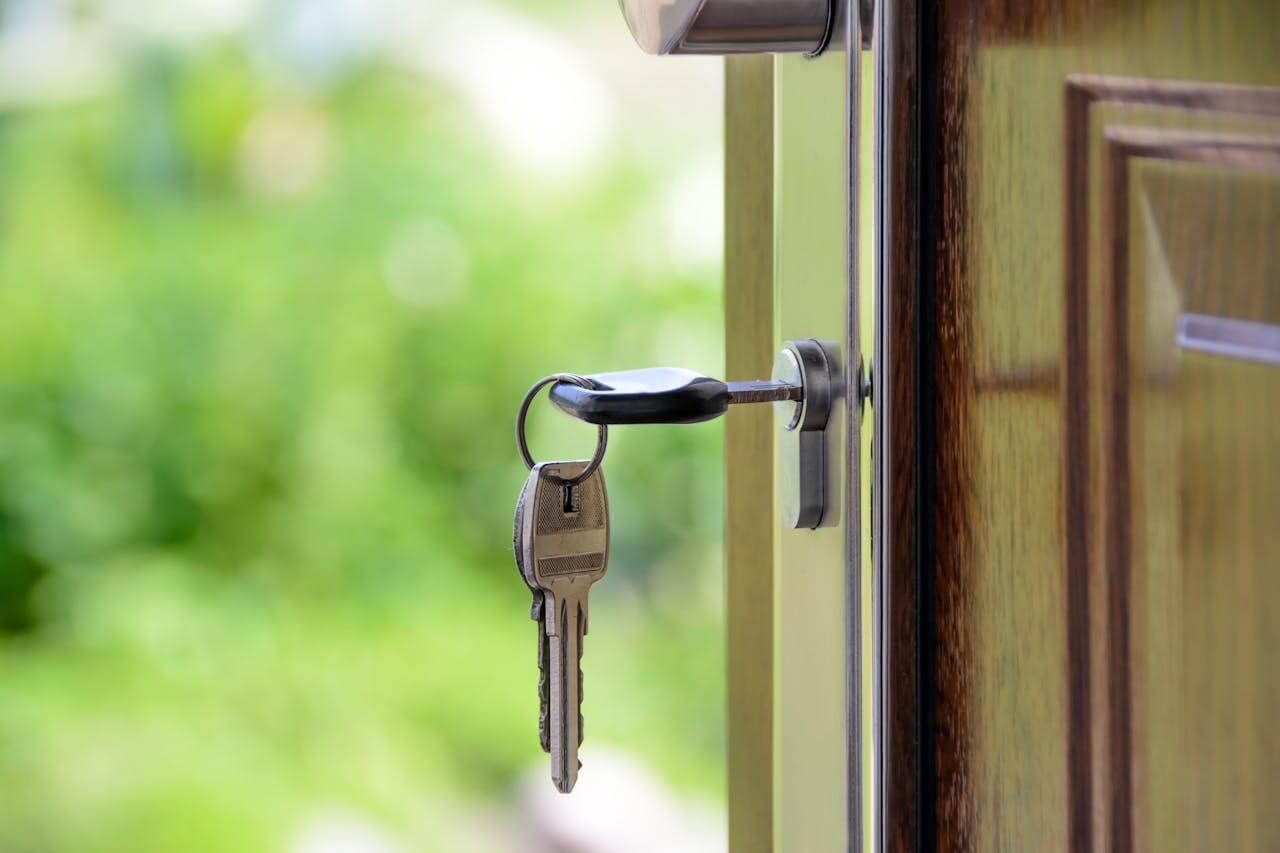
What is a Senior Stretch Loan?
A senior stretch loan can help you purchase a property …
You can borrow up to £50,000, £100,000 or even £1 million with a secured loan, depending on the amount of equity you have in your property, your income, current debt and credit score. Whilst a mor For businesses, the sky is the limit, with valuable properties able to access tens of millions through bridging and development finance.
When talking about secured loans, we are referring to a second mortgage or second charge loan, which takes the second priority after your first main mortgage. With a mortgage, you can borrow 70%, 80 % or 90% LTV (loan-to-value) of the overall property’s value and the remaining is just the deposit. But with a secured/second charge loan, this is second in the list, so the lender can only offer you less, such as 50% or 60% LTV maximum.
For example, if you have a £350,000 property with £150,000 left on your mortgage, you could borrow up to £66,000 at a loan to property value (LTV) of 62%
Being secured, if you default on the loan, the lender can seize the asset to make up their losses. Secured loans are generally considered to be less risky for lenders than unsecured loans, such as personal loans, which is why they often offer lower interest rates and longer repayment terms.
Secured loans are typically used when you have already taken out a mortgage on your home and you need to borrow more money. For example, you may use a second charge loan to consolidate debt, pay for home improvements, or finance a business startup. There are numerous factors which impact how much you can borrow.
The more equity you have, the more you can borrow. This refers to how much money you have paid into your current property. For some homeowners, their banks still own 90% of the property through a mortgage, but as time goes on, some people have built up some real equity and now own 50% or 80% of their home. Having a lot of equity built up can show confidence and give you some real power to borrow larger amounts.
Your credit history is a record of your past borrowing and repayment behaviour. Lenders use your credit history to assess your risk of defaulting on a loan. A good credit history will increase your chances of being approved for a loan and getting a good interest rate.
You can build your credit history by simply using credit. This means taking out loans, which can be as small as credit card loans, and paying them back on time in full. If you are worried about this you can consider a credit builder credit card.
Your income is another important factor that lenders consider when determining how much you can borrow. Lenders want to make sure that you have enough income to afford the monthly repayments on the loan.
Your current debt levels will also affect how much you can borrow. Lenders want to make sure that you have enough disposable income to afford the monthly repayments on the loan, as well as your other debt obligations.
If you already have a lot of debt, you may not be able to prioritise making timely repayments on your new loan. This is a concern for most lenders. They want to be sure that you will be able to pay them back and that you are not a risky borrower.
It is still possible to borrow money on a secured loan even if you have bad credit. However, the amount you can borrow may be limited. Most lenders will still assess your credit score and affordability before deciding how much to lend you, so you may not get access to the best deals.

Yes, having a mortgage will affect how much you can borrow on a secured loan. Lenders will consider your outstanding mortgage balance when calculating how much equity you have in your property. This is because the equity in your property is the amount of money that you could borrow against it, minus any outstanding mortgages.
The maximum LTV ratio for a secured loan varies from lender-to-lender, but most lenders will not lend you more than 90% of the value of your property. This means that you would need to have at least 10% equity in your property to qualify for a secured loan.

A senior stretch loan can help you purchase a property …

A mortgage offer officially lasts for 3-6 months depending on …

If you have purchased a car through a dealership using …